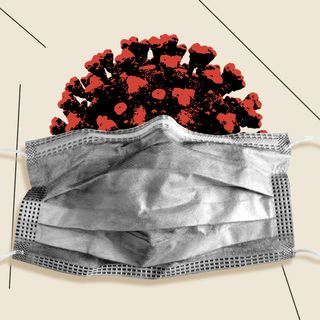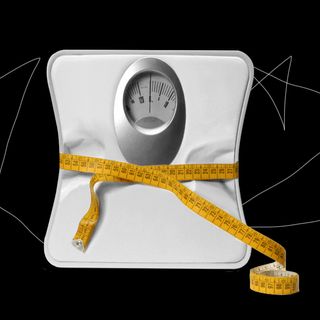Vitamins D supplements are touted as a way to enhance mood and reduce anxiety and depression symptoms. However, according to a new study published in JAMA, the vitamin has no notable effect or benefit with respect to symptoms of depression.
“Vitamin D is known to be essential for bone and metabolic health, but randomized trials have cast doubt on many of the other presumed benefits,” JoAnn Manson, MD, DrPH, a senior author of the paper, said in a statement.
This study included nearly 20,000 ethnically diverse people aged 50 years and older, with no previous indication of clinical depression. Half of this group received Vitamin D3 supplements for an average of five years, and the other half received a placebo for the same amount of time. Frequent in-person psychiatric examinations and the Patient Health Questionnaire depression scale (PHQ-8) — a diagnostic and severity measure for depressive disorders — were used to track patient’s mental health and moods.
Related on The Swaddle:
What You Need to Know About Vitamin B12 Deficiency
There were 609 cases of clinical depression/depressive symptoms in the group that took D3 supplements, and 625 cases in the group that took placebos. The results clearly showed that the risk of depression/depressive symptoms wasn’t significantly more or less for those receiving Vitamin D supplements than those receiving placebos. “There was no significant benefit from the supplement for this purpose. It did not prevent depression or improve mood,” Olivia I. Okereke, MD, MS, lead author and psychiatrist, said in a statement.
While Vitamin D may not help elevate mood, the body still requires it for a host of other somatic processes. The vitamin, absorbed from sunlight and found in fatty fish, eggs, cheese and beef, influences a number of the body’s natural processes. This includes healthy development of bones and teeth, supporting the immune and nervous systems, regulating insulin levels, and maintaining lung function and cardiovascular health. Vitamin D deficiencies can lead to diseases like osteoporosis and rickets.




